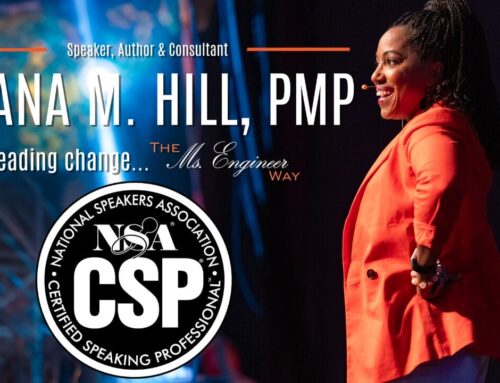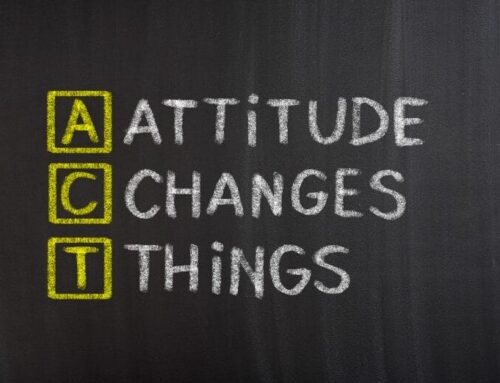Not all heroes and sheroes fly, most simply provide mentorship to those around them. This benefit to humanity doesn’t sound like a superpower but, to those who are being mentored, it is the equivalent of an out-of-this-world force, empowering them to excel even through challenges.
Thankfully, I had a mentor in Paula McCann Harris, who modeled what career advancement, family, and community service would look like throughout my career. I met Paula when I was attending a Society of Petroleum Engineers (SPE) conference as a junior in college. After hearing rumors that the first African American petroleum engineering graduate from Texas A&M was in the building, I knew I had to meet her. I scoured the George R. Brown convention center in Houston on a mission to find this wonderful unicorn. She was an engineer at Schlumberger, and our ‘chance encounter’ led to an internship for me with the oilfield services giant, and a life-long mentorship and friendship.
As a result of her advice and encouragement, I accomplished things professionally that I doubt I would have had the courage to pursue without her. Sometimes her input was as simple as asking, “are you sure about that?”. The fact that our lived experiences as Black women in the energy industry were often so similar was an added bonus.
Organizations have long since known the value of mentoring and, for people of color, it is especially important. Heidrick & Struggles surveyed more than 1,000 professionals in North America about their experience with mentoring and found that three in four respondents said mentoring was either very important or extremely important to their career development. Women and minorities were the most likely to say that the relationship was extremely important.
It’s not always possible to have a mentor that looks like their mentee (I loved when people would mistake me for Paula), but having some similarities accelerates the relationship building.
For many organizations, this creates a circular problem: we don’t have enough senior Black leaders to mentor our emerging leaders. Don’t use a lack of diversity in the ranks as an excuse not to try.
Here are some ways to work around this problem – with number five being crucial:
- Develop your senior leaders in the competencies necessary to coach and mentor across cultures. When properly reinforced with emotional intelligence and cultural competency, even your senior leaders with no lived experience as a Black employee will have the empathy and understanding to foster a mentoring relationship
- Encourage peer mentoring. While it’s helpful to have a mentor who has ‘been there’, peer mentoring is also an effective way to build connection and support within the community of your Black employees. And their varied experiences will create a learning culture in your organization
- Remember that there’s more than one way to structure the mentoring relationship. Consider reverse mentoring where the younger, less experienced employee serves as mentor to a senior colleague, or mentoring circles that bring a diverse group of employees together
- Align your mentoring program to your organization’s overall DEI objectives. Make it an accountable and measurable way to increase representation and employee engagement. Mentoring has been shown to improve diversity more than efforts such as mandatory training or grievance processes.
- Build a strong pipeline of Black talent so this isn’t an ongoing problem. Recruiting, engaging, and promoting Black talent within your organization is the only way to resolve this challenge in the long run and prevent inequity from plaguing your organization.
As my relationship with Paula demonstrates, mentoring does not have to be confined to your workplace – be proactive in learning about your industry and the people in it. Ivy-league professor Dr. Elisee (Eli) Joseph recognized at an early age the importance of seeking out mentors to help him achieve his goals. Dr Joseph advises would-be mentees to explore the wider reaches of their in-person and social networks to find professionals they would like to learn from. He describes the mentoring relationship as a ‘two-way street’ and urges organizations to create mentorship programs that “Allow each and every professional within that organization to have the same opportunities to serve as an advisor, mentor, or sponsor, regardless of their position.”
For organizations, the impact of mentoring reaches far beyond reciprocated relationships. Diversity and inclusion plays a demonstrable role in organizations’ ability to remain competitive, innovative and relevant. In the race to retain this talent, businesses that invest in mentoring will always be out in front.
Never miss a blog by signing up for my newsletter – twice a month you’ll get an article to inspire action in your leadership, plus useful resources and links
MY MENTORING MOMENT
It was a thrill to see my mentor Paula McCann Harris continuing to inspire in her role as a board member of the Children’s Museum Houston where she recently combined her love of engineering, elevating others, and storytelling in a special event for Black History Month. Paula read from her book When I Grow Up I Want To Be An Engineer. This story of a young girl’s dream to make the world a better place through engineering and innovation is one that I read to hundreds of students to expose them to engineering, because I never had that kind of exposure as a child.
This is something I talk about in my book What’s Your Catalyst? Proving that mentorship is not just a two-way street but an ongoing journey!






